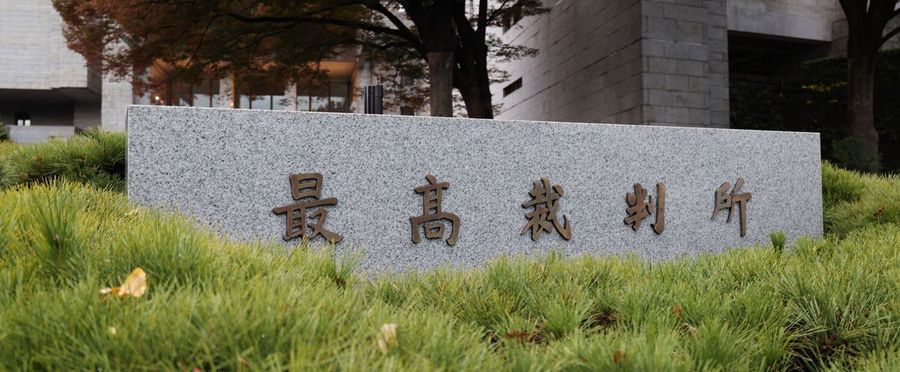The Supreme Court of Japan has rejected a retrial for the Sagamihara stabbing incident, a grisly event which marked a dark time in the nation's history. The attack took place in a disability center where 19 people were tragically killed, and 26 others injured. With this verdict, the Supreme Court reinforces that the convicted criminal, already under sentence of death, shall not be given another chance to present his case.
Crimes of such magnitude are relatively rare in Japan, a country known for its low crime rate. As such, the Sagamihara stabbings shocked the nation, leading to a demand for more stringent security measures in centers for the disabled. The case has also stirred discussions on mental health, violence, and capital punishment in Japan. The Supreme Court's decision reinforced the judicial system's stance on serious crime and is perceived by many as a statement on the value the country places on the protection of its most vulnerable citizens.
In the US or EU, a case like this would also likely result in stiff punishment, including lengthy imprisonment or potentially capital punishment in US jurisdictions that still enforce it. Such cases often trigger debates about the intersection of mental health, social support, and the justice system.

